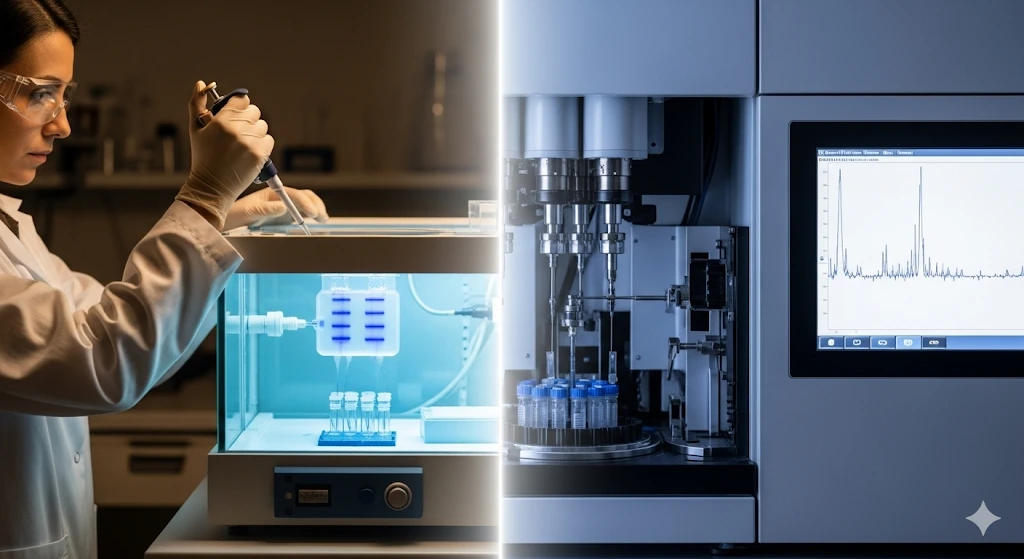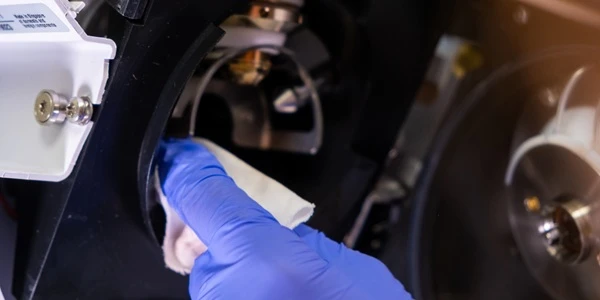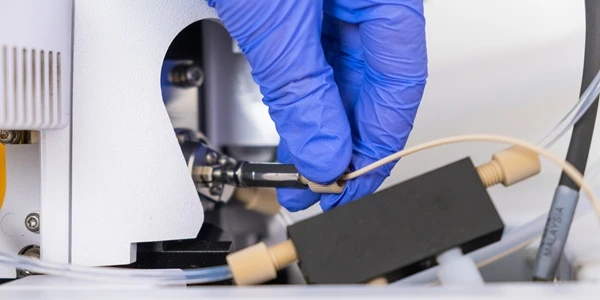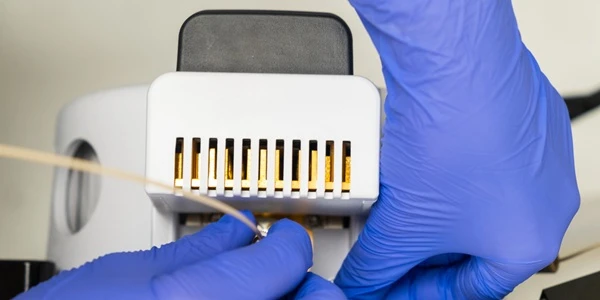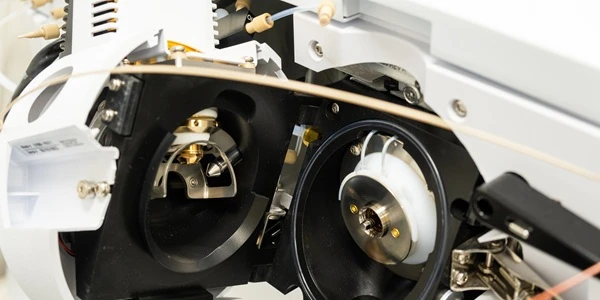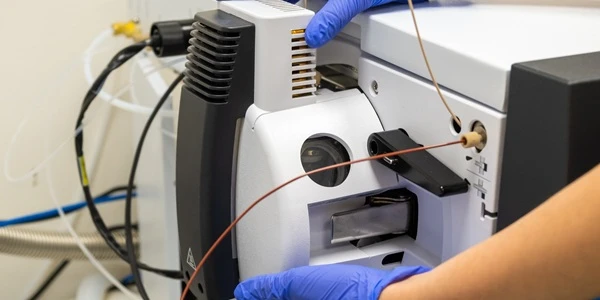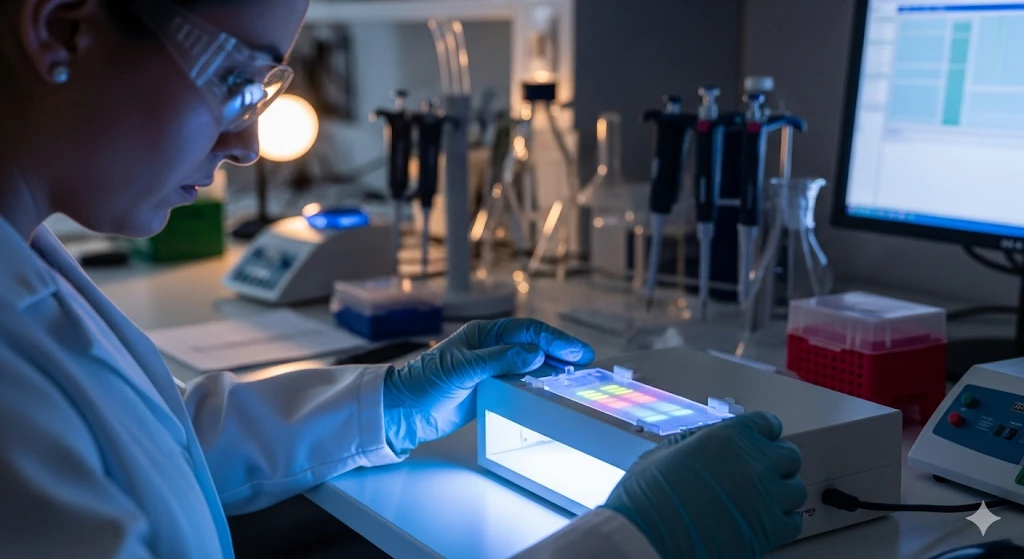Cannabis Conferences Shed Light on Progress and New Products in the Industry: Part I
Tis the season for cannabis conferences. The multitude of recent shows reflects the state of the industry and the wealth of information that is increasingly coming to light. Despite advancements all multiple fronts, the field has more ground to cover in establishing techniques and developing equipment to ensure quality, safety, and efficacy of cannabis medicines and products.
Recent Progress in Cannabis Testing
In the analytical area, several themes stood out during the 2019 Cannabis Science Conference in Portland, OR September 4-7 -- Microbial Detection, Genetic Analysis, and Terpenes Testing. In this article we will focus on microbial contamination and new testing products in this area.
Microbial contamination in the form of pathogenic bacteria and certain fungi is a persistent concern among growers, processors, and testers.
Microbial Contamination during Cannabis Cultivation
Cultivators have the onerous task of keeping grow operations free from plant pathogens. The propagation of such pathogens can bring down entire harvests and stop an operation in its tracks.
- Several bacterial and fungal species can cause root rot (Fusarium sp.) or bud rot (Botrytis sp., Penicillin sp). Others can cause yellow leaf spot (Pseudomonas sp.) and slow growth by viral infection (Tobacco mosaic virus).
- Cultivation research and best practices are now focused on creating a pathogen-free growing environment, and building controls and barriers to eliminate the introduction of contaminants into grow operations.
- Sterile cutting tools, sterile clothing gowns, smart HVAC systems and more are being implemented to prevent pathogens and to increase production.
Microbial Persistence in Cannabis Processing
Cannabis processors have the challenge of monitoring crop harvests and stored cannabis materials, to ensure bacteria and fungi do not damage processing operations.
- Excess moisture and humidity from cultivation can lead to the growth of microbes in the harvested flower or raw plant material. Storage and curing can make issues worse, given the right conditions for continued growth.
- DNA-based pathogen testing technologies are enabling rapid, sensitive, multiplexed analysis of a wide range of microbials.
- Many of these microorganisms arise from improper handling and processing, as mentioned above, and require testing to ensure levels do not exceed state-regulated thresholds.
- A select few, including Shiga toxin E. coli (STEC) and Aspergillus mold, require highly selective and sensitive diagnostics, in order to prevent these human pathogens from causing serious harm to patients and consumers.
- Advanced real time PCR-based testing systems are rising to the challenge of detecting and quantifying human pathogens on par with food safety industry standards.
Microbial Testing Validation for Cannabis
Cannabis testing labs and regulatory authorities demand robust methods and validation for pathogen detection. These measures are meant to ensure the scientific legitimacy and standardization of the cannabis industry ? actions that will, in turn, support the safety and efficacy of cannabis for patients and consumers alike.
- Pathogen detection technologies are advancing the field by achieving the performance required for increasingly stringent state regulatory compliance.
- Proficiency testing authorities are acknowledging those systems that satisfy high levels of accuracy and precision, as measured by inter-laboratory performance metrics.
- Validated methods and testing instruments are now achieving measures of excellence, such as AOAC approval, through specific programs deigned to compare test methods against gold standard techniques.
The end goal for these accreditations is widespread adoption of reference techniques for implementation across the entire cannabis industry.
Here is a brief list of new products and services showcased at this year’s Cannabis Science Conference:
The Bio-Rad iQ-Check Kits for rapid detection of E. coli O157:H7, iQ-Check STEC VirX, and iQ-Check STEC SerO and other pathogens related to food-borne pathogen detection. The real-time PCR platform has recently received AOAC International approval. The technology is offered for cannabis analysis.
The Pathogen Dx DNA testing platform for rapid for regulatory compliant cannabis testing on over 30 pathogens.
The Hardy Diagnostics products for pathogen detection including the Compact Dry plate line for organism-specific and total count tests.
Promega solutions for DNA-based testing on food safety and contamination. The Maxwell RSC PureFood Pathogen Kit offers a simple, automated extraction protocol to obtain high-quality pathogen DNA for qPCR analysis of pathogens.
The Agilent AriaMx real-time PCR instrument for use with Medicinal Genomics Extraction Methods.
Others in the areas of testing certification and lab accreditation, as well as the full range of exhibitors present at the 2019 Cannabis Science Conference, can be seen here


